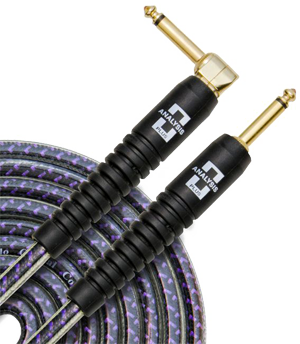Aloha, and welcome to the first of a series of articles intended to cover music production tips and explain some of the finer points of audio recording, production, mixing and mastering in hopes of helping you improve not only your recordings but the ways you record. That sounds like a daunting task, but broken into smaller pieces, I hope to be able to show you music production is not as hard as it can seem. These articles are aimed at beginners and novices, but I hope that some of the audio professionals reading can explore new techniques as well.
Knowing how to use the equipment you’ve already got is crucial; even the nicest equipment can’t make up for bad technique, and I don’t believe there is a spell checker in Antares Auto Tune. Since this is the first in a series, I thought what better way to get started than drop a few simple tips that can help you today, and cover some basics while I’m at it, so we can delve deeper in future articles without explaining as much. Tips are like opinions, and we know what those are like, so take these like seasonings and sprinkle appropriately. There are few hard and fast rules in recording but here are a few tips to show you what I hope to offer.
Even the best mics in the world sound like crap when connected with a low-quality or damaged cable. Don’t believe me? Test it for yourself. Record the same audio using a new pro cable and a bargain store cable or listen and examine the files. Wanna upgrade your sound? Upgrade your cables.
If your equipment or program has an Input/Output meter and you see red, that is a bad thing. While it may not always sound terrible as you listen overall, there is something too loud.
If your master is clipping, go back and search for individual tracks that may be clipping as well. A special note to DJs: If your mixer is showing red lights when you spin, your mix is suffering. We can hear it and it sounds bad.
Mastering has been a part of audio recording since the beginning, and it still is today. The best artists’ records are always mastered before release, and even though computer programs have come a long way, unless you master recordings every day, you can’t do it like a professional can.
The best engineers are careful with effects. Use them wisely, and whenever possible, try to get good recordings that don’t need effects and then ice the cake.
Equalization does a lot better job of cutting frequencies than boosting them. Try cutting the low end from vocals and cymbals; it is a great way to clean up your mixes.
Hope these tips can help you or in any case get you excited about recording again. You can email audio-related questions or concerns to fixyourmix@boropulse.com, and we’ll try to feature some or personally answer them if we can. Just like studio schedules, we’re out of time and they’re out of money so we’ll catch you next time.














